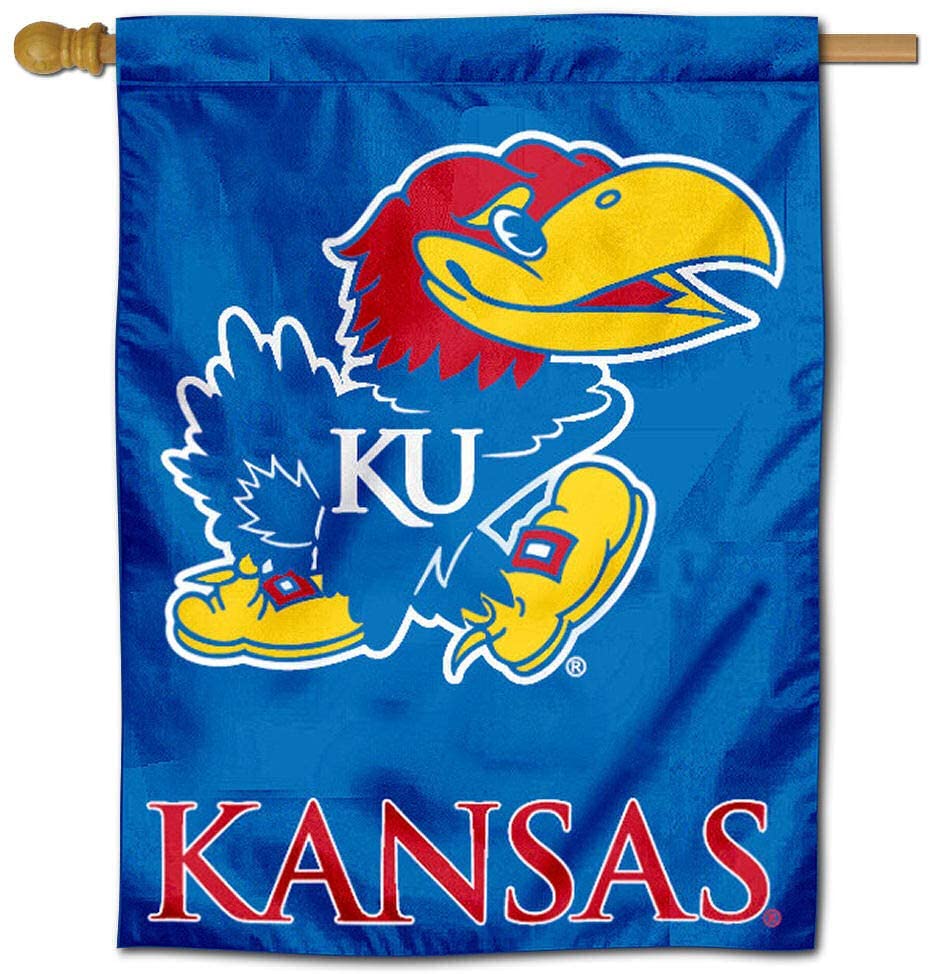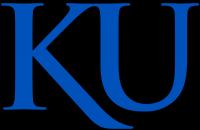Bachelor of Science in Petroleum Engineering
The overall program mission for the B.S. degree in chemical or petroleum engineering is to provide a modern chemical or petroleum engineering education with proper balance between theory and practice. Graduates are prepared for professional practice in industry or government and for post-undergraduate training in chemical or petroleum engineering, medicine, etc. In addition to scientific and engineering training, students receive training in educational skills and in the humanities and social sciences.
Petroleum engineering is the branch of engineering concerned with the drilling, recovery, production, and distribution of petroleum and natural gas. It includes knowledge of the properties of fluids and rocks in surface and subsurface environments as well as methods of exploiting the economic production of oil and gas from petroleum reservoirs. A major subdivision at KU is reservoir engineering, or the development of processes to improve production from oil and gas reservoirs. Reservoir engineers use sophisticated mathematical techniques and computer technology to obtain optimum production. Through such techniques, petroleum engineers continue to extract oil and gas from reservoirs that only a few years ago would have been considered uneconomical. This branch of engineering is somewhat different from the other in that production is far removed from physical observation.
The curriculum develops fundamental concepts that describe the properties of fluids and rocks in surface and subsurface environments. These are integrated with courses covering fluid flow in reservoirs along with drilling and production equipment to develop a broad understanding of how fundamental concepts are used to solve technical problems. The development of engineering design concepts begins with the application of fundamental principles and concepts to solve engineering problems in these courses and culminates in a series of senior-level design courses that require comprehensive integration of technical knowledge as well as consideration of economic, environmental, safety, and societal concerns. This experience is essential in the preparation of graduates for entry-level positions.
Intakes
- Jan
- May
- Aug
Application Processing Time in Days: 20
Minimum English Language Requirements
| English Level Description | IELTS (1.0 -9.0) | TOEFL IBT (0-120) | TOEFL CBT (0-300) | PTE (10-90) | |
|---|---|---|---|---|---|
| Expert | 9 | 120 | 297-300 | 86-90 | |
| Very Good | 8.5 | 115-119 | 280-293 | 83-86 | |
| Very Good | 8 | 110-114 | 270-280 | 79-83 | |
| Good | 7.5 | 102-109 | 253-267 | 73-79 | |
| Good | 7 | 94-101 | 240-253 | 65-73 | |
| Competent | 6.5 | 79-93 | 213-233 | 58-65 | |
| Competent | 6 | 60-78 | 170-210 | 50-58 | |
| Modest | 5.5 | 46-59 | 133-210 | 43-50 | |
| Modest | 5 | 35-45 | 107-133 | 36-43 | |
| Limited | 4 | 32-34 | 97-103 | 30-36 | |
| Extremely Limited | < 4 | < 31 | < 93 | < 30 |
Job Opportunity Potential
The Department of Geography and Atmospheric Science provides a variety of career resources to students and graduates, including networking events, internships, alumni insights, job postings, and much more. Additionally, the KU Career Center offers many resources on exploring career fields, career building, resume writing, mock interviews, job and internship fairs, and more.The Department of Geography and Atmospheric Science Professional Network provides information and connections with alumni and business professionals.
Geography
A major in geography may lead to a career in cartography, environmental analysis, GIS, physical geography, regional analysis, urban and regional planning, or to employment that requires some combination of geographic sub-fields. Explore the KU Career Center's resources for geography.
Atmospheric Science
A major in Atmospheric Science may lead to careers in weather forecasting, environmental consulting, and air pollution specialists. Explore the KU Career Center's resources for atmospheric science.
PSW Opportunity
3 Years PSW
Admission Requirement / Eligibility Criteria
First-year students are assured admission into KU’s College of Liberal Arts & Sciences or School of Social Welfare if they meet one of these combinations:
A 3.25 GPA on a 4.0 scale, no test scores required or regardless of test score submitted
An ACT score of at least 21 or an SAT score of at least 1060 plus a GPA of at least 2.0
Transfer students are assured admission with 24+ transferable credit hours at a GPA of 2.5 or higher from a regionally accredited community college, college, or university.
All students are encouraged to apply, as we individually review each application for these factors:
Cumulative high school GPA
ACT or SAT scores, if available
GPA in the core curriculum
Strength of courses
College transcripts, if sent
To be considered for admission to the School of Engineering, beginning first-year students must meet or exceed the following minimum standards:
Must be admissible to the University of Kansas by assured admissions or individual review AND
Have a 3.0+ GPA AND
Have a mathematics ACT score of 22 (or math SAT score of 540).
Important: Simply meeting these requirements won't guarantee admission to a School of Engineering degree program. Students who perform beyond these minimums will have a better probability of being admitted to their selected major.
Minimum Academic Standards for Direct Admission into Degree Program for incoming Freshmen
Students with a 26+ Math ACT (600+ Math SAT) or meet eligibility requirements for MATH 125 (Calculus I) may be admitted directly into their chosen major, with the exception of those seeking admission into an EECS program. Electrical Engineering, Computer Science, Computer Engineering, and Interdisciplinary Computing students must have a 28+ Math ACT (640+ Math SAT) or eligibility for MATH 125 for direct admission.
First-Year General Engineering Program
Students with a 22-25 Math ACT (540-580 Math SAT) or meet eligibility requirements for Math 104 (Pre-Calculus) are admitted to the School of Engineering First-Year Experience non-degree program for undergraduate students.
First-year Engineering students have one academic year (two semesters and one summer) to transition into a degree program. Admission to a degree program is possible after one of the following is met:
Complete 12+ credit hours at KU, earn a "B" or higher in Math 104 (Pre-Calculus), earn a "C" or higher in all science and engineering courses, and earn a KU GPA of 2.5+ OR
Earn a "C" or better in MATH 125 (Calculus I), earn a "C" or better in all science and engineering courses, and earn a KU GPA of 2.5+
- Course Type: Full Time
- Course Level: Bachelors/UG Degree
- Duration: 04 Year
-
Total Tuition Fee:
107840 USD
Annual Cost of Living: 14000 USD
Application Fee: 40 USD
Similar Programs
- Bachelor of Science in Information Technology at University of Kansas
- Bachelor of Science in Engineering Physics in Electromechanical Control Systems at University of Kansas
- Bachelor of Science in Engineering Physics in Digital Electronic Systems at University of Kansas
- Bachelor of Science in Engineering Physics in Chemical Systems at University of Kansas
- Bachelor of Science in Engineering Physics in Aerospace Systems at University of Kansas
- Bachelor of Science in Electrical Engineering at University of Kansas

